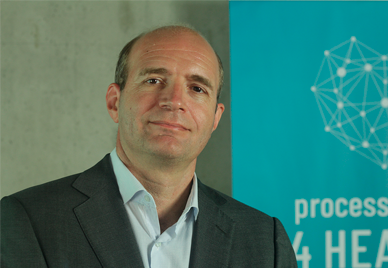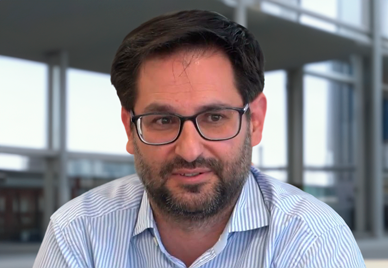Currently access to palliative care is inconsistent, and budgeting and predicting its resources in healthcare systems remains a challenge. Due to the ageing populations, increased incidence, prevalence and mortality of different chronic diseases and multimorbidity, the need for palliative care is expected to grow over the next 25 years.
InAdvance project applies the World Health Organization (WHO) definition of palliative care aimed to address patients’ and their families’ physical, psychosocial, social and spiritual needs related to life-threatening illnesses and highlighting Quality of Life (QoL) of as its ultimate goal. This definition also recognizes the integration of early palliative care in the course of illness and in conjunction with other therapies that are intended to prolong life.
The main challenge of the project is integrating early palliative care in the daily clinical routine addressed to patients with complex health conditions that are evolving towards advanced stages, and not focusing only on patients in their last weeks of life.

InAdvance project introduces a new model of early palliative care aimed to older people. The project focuses on the impact acute and chronic pain, life-threatening non-communicable diseases, side effects and consequences of diseases and their treatments have on Quality of Life.
The overall aim of the InAdvance project is to improve the benefit of the palliative care interventions for patients, families and caregivers, and professionals through the design of effective, replicable and cost effective early palliative care interventions focused on and oriented by the patients.
The project consortium consists of eleven partners from 7 different countries in Europe. The partners from academia and research are University of Valencia (Spain), Universitat Politècnica de València (Spain), Aristotle University of Thessaloniki (Greece), University of Leeds (UK), and Erasmus Medical Center Rotterdam (The Netherlands). There are also three healthcare providers IIS La Fe Hospital (Spain), Santa Casa da Misericordia da Amadora (Portugal) and NHS Highland (UK), two technical SMEs Adhera Health (Spain) and Wita (France), and one non-profit organization working on older people rights at European level – AGE Platform Europe (Belgium).
For further information, please click here: https://www.inadvanceproject.eu/
This project has received funding from the European Union’s Horizon 2020 research and innovation programme under grant agreement No 825750. |  |




